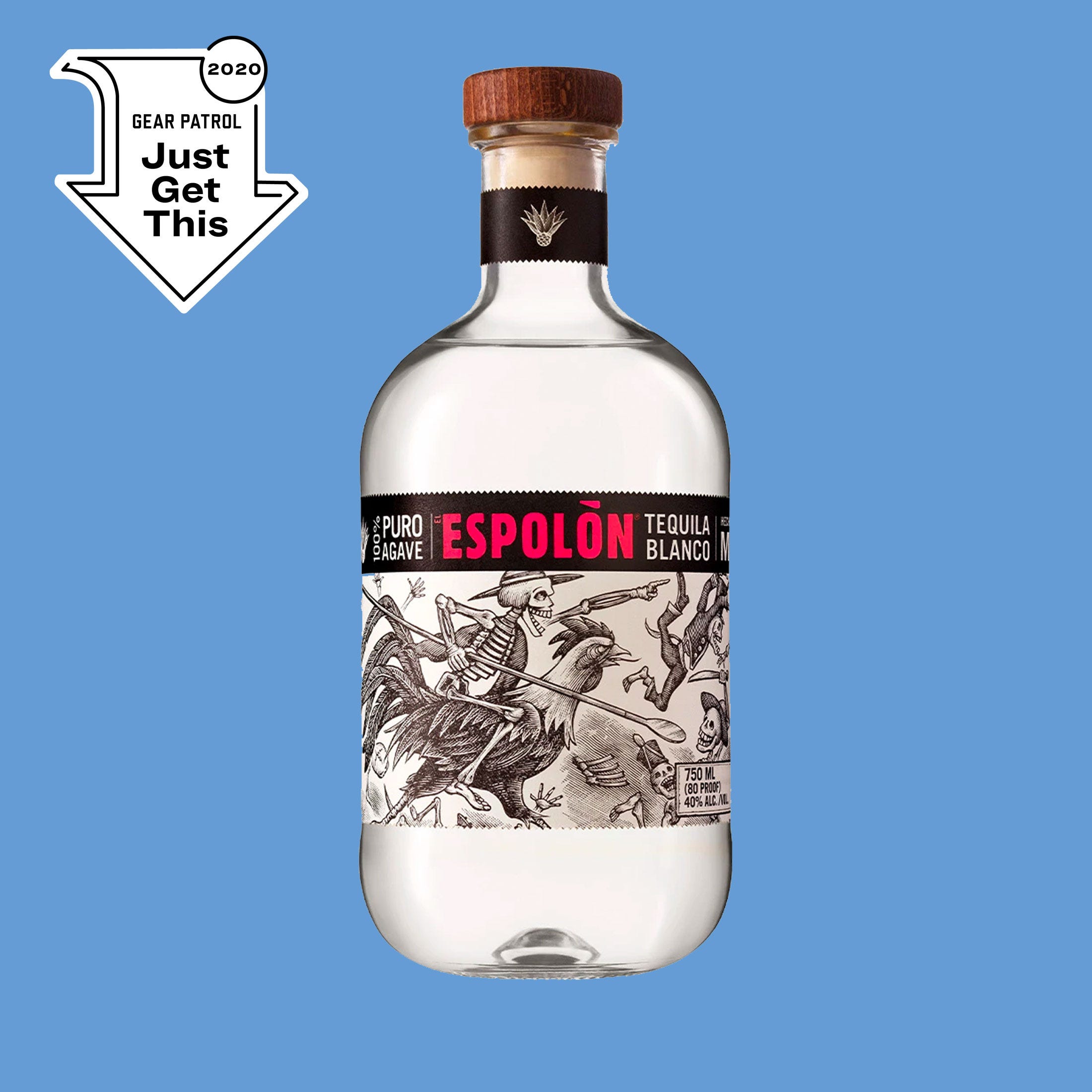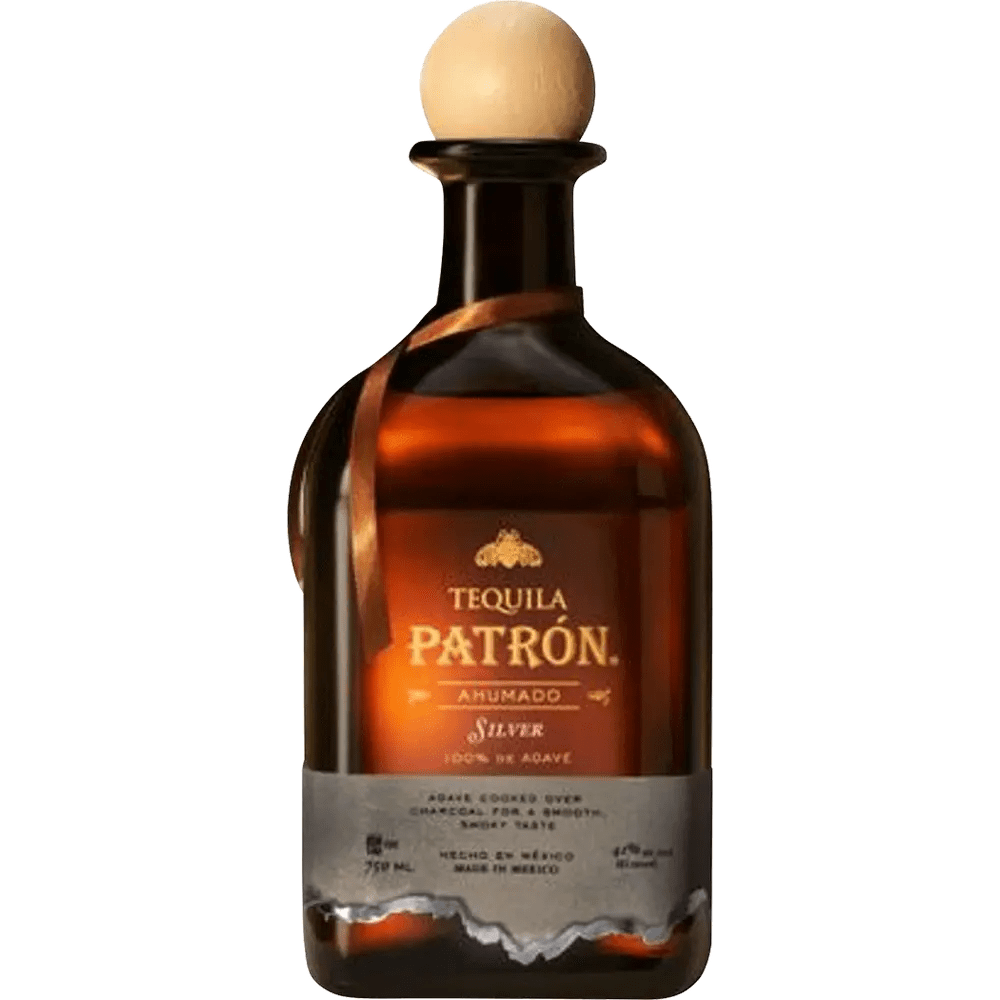Tequila With a Skull Top: Kitschy Cool or Cultural Faux Pas?
Let's be honest, we've all seen them lurking on the liquor store shelves – tequila bottles shaped like skulls, grinning menacingly from behind the glass. Some are ornate, almost elegant in their skeletal detail, while others are downright gaudy, dripping in faux jewels and sombreros. But these bottles, as polarizing as they may be, beg the question: What's the story behind tequila with skull tops?
Is it just a marketing gimmick to grab the attention of thirsty tourists, or is there a deeper cultural significance tied to this skeletal motif? The truth, as with most things, is a bit more nuanced. While the origins of these bottles are murky, their popularity has undeniably exploded in recent years, leading to a complex conversation about cultural appropriation, artistic expression, and the commodification of tradition.
Some argue that tequila with skull tops play into harmful stereotypes, reducing Mexican culture to a caricature of itself. After all, the skull, or calavera, holds a significant place in Mexican culture, particularly during Día de los Muertos (Day of the Dead), a celebration of life and remembrance of loved ones who have passed. To use this powerful symbol as mere decoration on a bottle of liquor can feel, to some, disrespectful and exploitative.
On the other hand, others see these bottles as a form of folk art, a celebration of Mexican craftsmanship and artistic tradition. Many of these bottles are hand-blown and intricately painted, representing hours of skilled labor and artistic vision. The skull, in this context, isn't just a symbol of death but a reminder of life's preciousness, a sentiment not entirely out of place when paired with a spirit meant to be savored and enjoyed.
Regardless of where you stand on the cultural debate, it's undeniable that tequila with skull tops have sparked a conversation about representation, cultural sensitivity, and the responsibility of consumers to be mindful of the products they purchase. The next time you see one of these bottles on the shelf, take a moment to consider its story. Is it a piece of art? A marketing ploy? A cultural artifact? Maybe it's a bit of all three. But one thing's for sure, it's a potent reminder that even the most seemingly frivolous things can have deeper cultural roots and complexities worth exploring.
Advantages and Disadvantages of Tequila with Skull Tops
| Advantages | Disadvantages |
|---|---|
| Unique and eye-catching design | Can be seen as cultural appropriation |
| Often supports skilled artisans and glassblowers | May promote excessive drinking or irresponsible behavior |
| Can be a conversation starter and collectible item | Focus on the bottle may overshadow the quality of the tequila inside |
Best Practices When Buying Tequila with Skull Tops
If you're considering buying tequila with a skull top, here are some things to keep in mind:
- Do your research: Learn about the brand and the bottle's origins. Is it made by Mexican artisans or mass-produced overseas?
- Consider the context: Are you buying it as a gift for someone who would appreciate the artistry or symbolism? Or is it simply for shock value?
- Prioritize quality over aesthetics: Don't let the bottle distract you from the most important factor – the tequila itself. Make sure it's a brand and type you enjoy drinking.
- Drink responsibly: Remember that alcohol consumption should always be done in moderation.
- Be mindful of cultural sensitivity: Engage in respectful dialogue and be open to learning about different perspectives on the use of cultural symbols.
Common Questions About Tequila with Skull Tops
Here are some frequently asked questions about tequila with skull tops:
- Q: Is tequila with a skull top offensive? A: It's a complex issue with no easy answer. Some find it offensive, while others see it as an art form. It's important to be aware of the cultural context and different perspectives.
- Q: Are all tequila skull bottles made in Mexico? A: Not necessarily. While some are authentically produced in Mexico, others may be mass-produced elsewhere.
- Q: What does the skull symbolize in Mexican culture? A: Skulls, or calaveras, are prominent in Mexican culture, especially during Día de los Muertos. They represent life and death, remembrance, and the celebration of loved ones who have passed.
- Q: Is the tequila inside these bottles usually good quality? A: The quality of the tequila can vary greatly. Don't judge the tequila solely by the bottle. Research the brand and read reviews if possible.
- Q: Where can I buy tequila with a skull top? A: You can find them at many liquor stores, especially those specializing in tequila or international spirits.
- Q: Are these bottles collectible? A: Some people collect them, especially limited editions or bottles with unique designs.
- Q: What should I do with the bottle after the tequila is gone? A: Some people repurpose them as decorative items, while others use them for crafts or DIY projects.
- Q: Is it okay to gift tequila with a skull top? A: It depends on the recipient and your relationship with them. Consider their personality and whether they would appreciate the symbolism or find it inappropriate.
The next time you encounter a tequila bottle adorned with a skull, remember that there's more to it than meets the eye. It's a conversation starter, a potential piece of art, and a symbol imbued with cultural significance. Enjoy the tequila responsibly, appreciate the craftsmanship, and engage in thoughtful dialogue about the cultural implications.
Navigating your path unlocking the potential of military benefits for veterans
What to wear on revolution day vestimenta para el 20 de noviembre
Unit 6 progress check mcq ap calc














